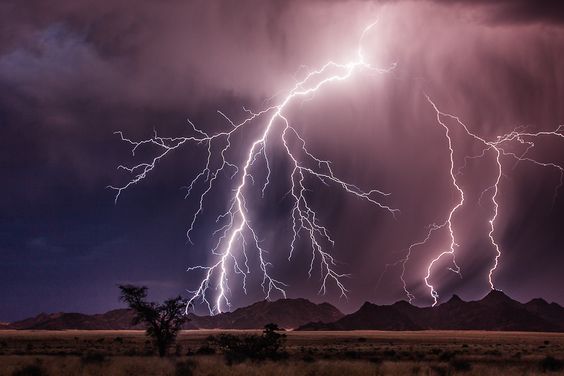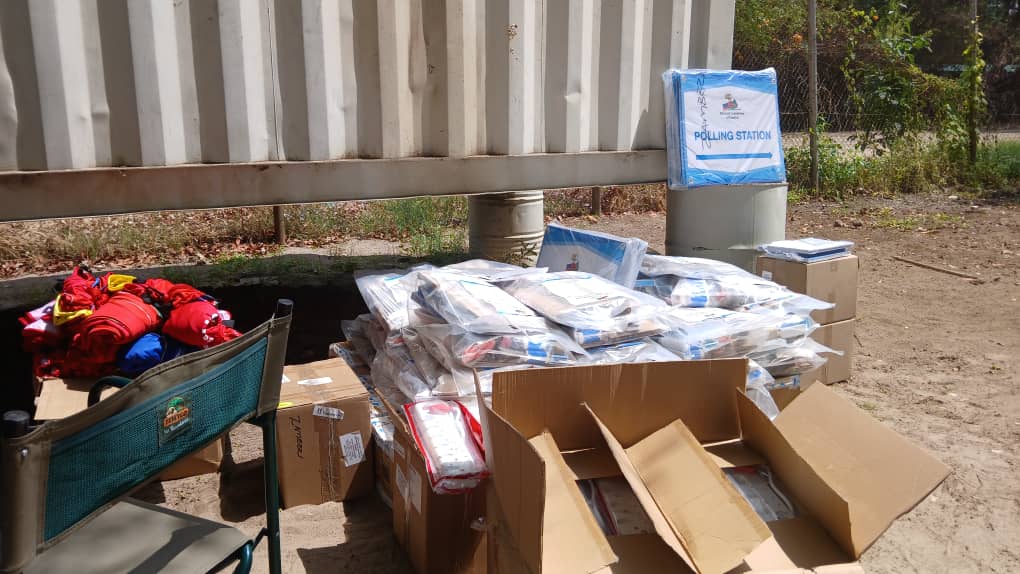The privatisation of state-owned enterprises (SOEs) is increasingly being presented as a solution to the challenges they face, particularly in Namibia.
Proponents often argue that poor management and inefficiencies justify transferring state assets to private hands.
However, this perspective overlooks the broader and often detrimental consequences that history and global examples have demonstrated.
While it is true that some SOEs have been plagued by inefficiencies, this alone does not justify privatisation.
Instead, these issues should be robustly addressed through reform and better governance.
Privatisation frequently shifts the focus from public welfare to profit, leading to the erosion of essential services vital for nation-building and social welfare.
OUT OF AFRICA
For example, the privatisation of Zambia’s copper mines – a once pivotal part of the nation’s economy – resulted in job losses and the disintegration of local communities, as well as reducing government revenue.
In Nigeria, the privatisation of the power sector led to frequent outages and increased electricity costs.
These examples highlight the risks of entrusting essential services to private entities driven by profits rather than public interest.
In Europe, the privatisation of British Rail in the 1990s led to fragmented services, higher ticket prices and a decline in service quality.
As a result, taxpayers ended up subsidising private companies, illustrating how privatisation can often lead to a worse outcome for the public.
Reflecting on the post-colonial era in Africa, SOEs have played a critical role in providing services that the private sector typically overlooks.
Imagine if the water supply in Namibia was privatised – a scenario some are advocating.
Water, a vital resource, could become unaffordable for many, restricting access, especially for marginalised communities.
It is a risk we cannot afford to take.
NUJOMA TELLS IT LIKE IT IS
Namibia’s founding president, Sam Nujoma, recognised these dangers early on.
In the 1990s, he famously rejected the World Bank’s Structural Adjustment Programmes, which included the privatisation of state assets.
These programmes have caused widespread economic and social chaos in countries that have adopted them.
Nujoma powerfully stated, “We are not going to sell our country to the highest bidder. We fought for independence to reclaim our resources, not to hand them over to foreign interests.”
Former Namibian finance minister Calle Schlettwein has also been a vocal opponent of selling off government assets and SOEs.
During a panel discussion at the World Water Forum held in Bali earlier this year, Schlettwein emphasised the dangers of privatising essential services like water provision.
“Water must be given, and what you pay is secondary. If shared prosperity is our goal, privatisation will only bring inequality,” he noted.
Schlettwein also criticised the private sector’s handling of green schemes and abattoirs in Namibia.
“We tried to outsource some green schemes, but six months down the line, no production has happened. The private sector is failing us and we cannot rely on them,” he said.
WHO PAYS THE PRICE?
Former South African president Nelson Mandela also spoke out against the risks of privatisation, particularly for essential services.
In 1997, he remarked that “privatisation is often advocated as a cure for inefficiency, but what is privatised are the assets, while the liabilities remain public. The poor end up paying the price.”
These leaders’ words resonate with the experiences of countries worldwide.
SOEs, especially in post-colonial Africa, have been defined by their role in ensuring access to essential services like water, electricity and transportation for all citizens.
Their achievements have been crucial for social and economic development. Privatisation threatens to undo these gains.
WE NEED TO PUT PEOPLE BEFORE PROFIT
Imagine a future where Namibia’s water supply is controlled by private investors – where the primary motive is profit, not public welfare.
The consequences could be disastrous, leading to inequality in access and affordability.
In conclusion, the privatisation of puplic enterprises is not a viable solution for Namibia. Instead, we must rather focus on reforming and improving these entities to serve the public better.
As we look to the future, let us heed the warnings of those who have witnessed the consequences of privatisation first-hand and remain steadfast in protecting our national assets.
- *Lot Ndamanomhata is a in public management, journalism and communication. This article is written entirely in his personal capacity.
Stay informed with The Namibian – your source for credible journalism. Get in-depth reporting and opinions for
only N$85 a month. Invest in journalism, invest in democracy –
Subscribe Now!






